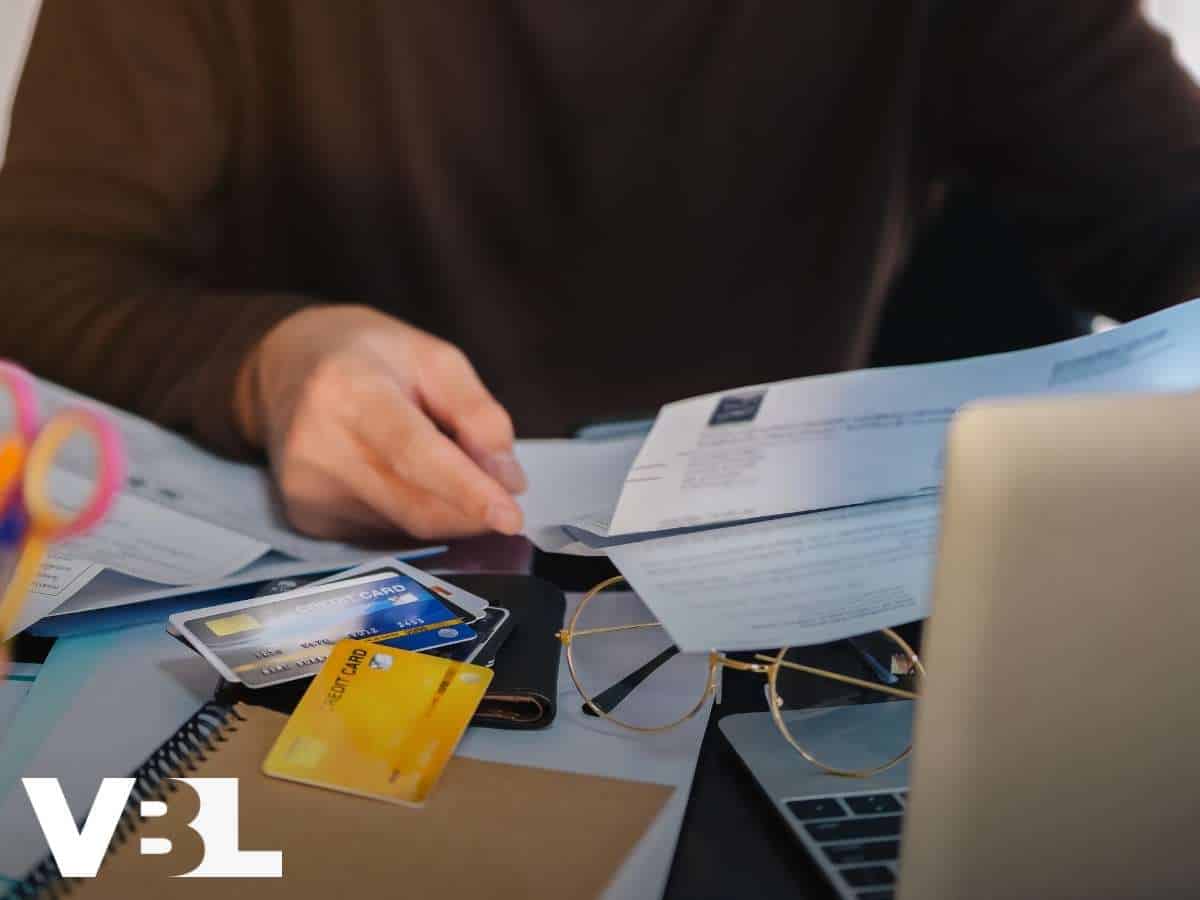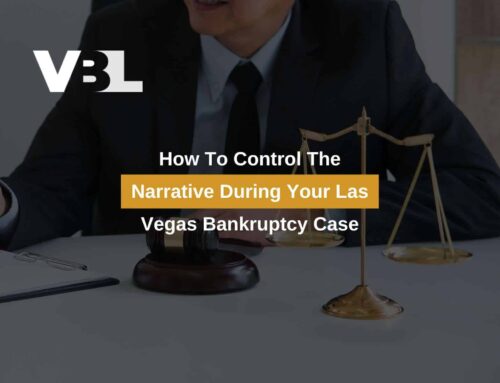How To Discharge Credit Card Debt Through Bankruptcy In Las Vegas
A Step-By-Step Bankruptcy Guide To Get Out Of Credit Card Debt
Credit cards can be useful whether you don’t quite have the checking account balance to make it through the month, or when you simply want to build your credit history. No matter your reason for opening up a credit card, you may eventually find yourself in a position where it will be infeasible to pay off your balance, interest, and other penalties you may be charged. When all of your credit cards are maxed out, not only do you lose a potential payment method, but you will have to face your creditors at some point.
Once it becomes clear that the credit card company isn’t getting their money back, they will most likely file a lawsuit against you. Unless you can prove that you don’t owe the amount they demand, they will obtain a judgment against you. This is a negative mark on your credit, and can progress even further. Your creditor may use that judgment to garnish your wages, or even levy your bank account. This will cause even more damage to your credit, and make it harder for you to pay expenses and other debts due to significantly reduced income.

How Can Someone Escape Credit Card Debt?
For those who qualify, bankruptcy can clear away debts and give the debtor a clean financial slate. Read on to learn more about how you can use bankruptcy to address credit card debt in Las Vegas, Nevada.
Step 1: Figure Out Which Chapter Of Bankruptcy Will Work Best For You
Some people qualify for only one of either Chapter 7 or Chapter 13 bankruptcy, while some may qualify for both. There are several factors that determine bankruptcy qualification. The two most common things that keep people from filing Chapter 7 are income restrictions and bankruptcy asset exemptions. Chapter 7 requires that you don’t have sufficient income to pay your debts, while Chapter 13 requires that you have sufficient income to at least pay a minimal portion of your debts. If you file Chapter 7 bankruptcy, any of your assets that aren’t protected by exemptions can be taken and sold by your bankruptcy trustee. All of your assets must have less equity than the assigned amount based on property categories. If you have valuable possessions you don’t want to lose due to a bankruptcy filing, you may want to consider Chapter 13 instead. You will also need to confirm that none of your previous bankruptcy filings, if applicable, will affect your current filing. For a free debt evaluation, which will tell you which chapter(s) of bankruptcy you qualify for, call our Las Vegas bankruptcy firm today.
Step 2: Pay Attention During Your Credit Counseling Courses
One requirement you will need to fulfill when you file bankruptcy is completion of your credit counseling courses. These are online courses that typically take 1-2 hours that teach you about better budgeting and spending habits for after your bankruptcy. It will also teach you more about how you got into debt in the first place. Your first course certificate, which is valid for 180 days after completion, must be filed with your bankruptcy petition. The second course certificate must be submitted to the court within 60 days of your 341 Hearing. Instead of viewing these courses as an inconvenience and a hassle, you can try to see them as an opportunity to learn more about good financial practices for your fresh start.
Step 3: Review Your Prior Credit Card Purchases To Make Sure They Haven’t Exceeded Bankruptcy Limits
Bankruptcy’s power to discharge your credit card debt isn’t absolute. You also can’t plan out a bankruptcy and purposely max out your credit cards with nonessential purchases while preparing for it. In the 70 days before your bankruptcy filing, you can’t advance more than $1,000 in cash. In the 90 days before your bankruptcy filing, you can’t spend more than $750 on luxury purchases. The trustee will review your credit card statements to make sure that this isn’t present. Otherwise, these debts will be ineligible for discharge in your bankruptcy.
Step 4: Complete & Review Your Bankruptcy Petition
A bankruptcy petition is not a simple court form that you can fill out in a matter of minutes. Bankruptcy petitions are usually well over 50 pages long, and will include detailed information about every aspect of your financial situation. If you hire a Las Vegas bankruptcy attorney, you will submit documents to your attorney. They will draft your petition, and you will review and sign the petition with your attorney, who will then file it.
Step 5: Check Your Creditor Mailing Matrix
It’s important to include every single creditor on your creditor mailing matrix. This is the document that the court will use to notify all of your creditors that you are protected by the Automatic Stay. Failure to include any of your creditors could result in discharge issues later down the road, or accidental violations of the Automatic Stay in the short term.
Step 6: Declare Bankruptcy
Check with your courthouse if you are required to file your petition in person, or if you are able to do so online. If you retain a Las Vegas bankruptcy attorney, they will be in charge of filing your petition with the court. Don’t forget to include your creditor mailing matrix and credit counseling certificate. You will wait to receive a letter from the bankruptcy trustee with instructions on what to do next, as well as your 341 Hearing date.
Step 7: Discharge Your Debts & Rebuild Your Credit History
Once you complete all the necessary steps for the Chapter of bankruptcy that you file, your debts will be eligible for discharge. This is when you are no longer obligated to pay them. The impact that bankruptcy can have on your credit varies widely. No matter its effect, you will probably want to start improving your credit after your debts are discharged. Read our articles for more information on how to improve your credit after bankruptcy, or schedule your free consultation with our Las Vegas bankruptcy attorney today.
File $0 Down Bankruptcy With Our Las Vegas Bankruptcy Attorney
Do you have credit card debt? Unpaid medical bills? Or any other type of debt that has become too much for you to handle? Bankruptcy may be an effective form of debt relief for you. To learn more about the bankruptcy process, and to confirm your eligibility, schedule your free consultation with one of our Las Vegas bankruptcy lawyers today. Our Las Vegas bankruptcy attorneys are experienced and dedicated to offering our clients top tier legal representation at a budget price. We also offer payment plan options starting at $0 DOWN for eligible clients. Call or use our online form to schedule your free consultation and learn more today.

Las Vegas Bankruptcy Lawyers
LAS VEGAS
7251 W Lake Mead BLVD #300
Las Vegas, NV89128
Office: 702-879-2499
Email: [email protected]
HENDERSON
1489 W Warm Springs Rd. Ste 110
Henderson, NV 89014
Email: [email protected]
















